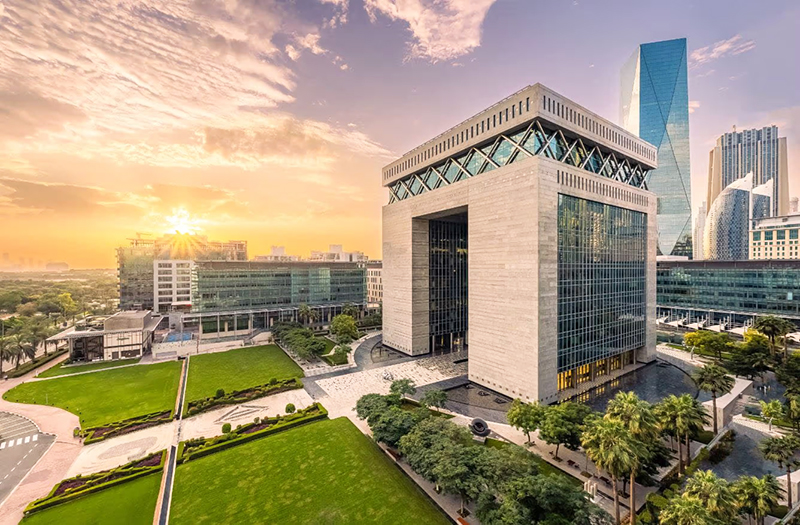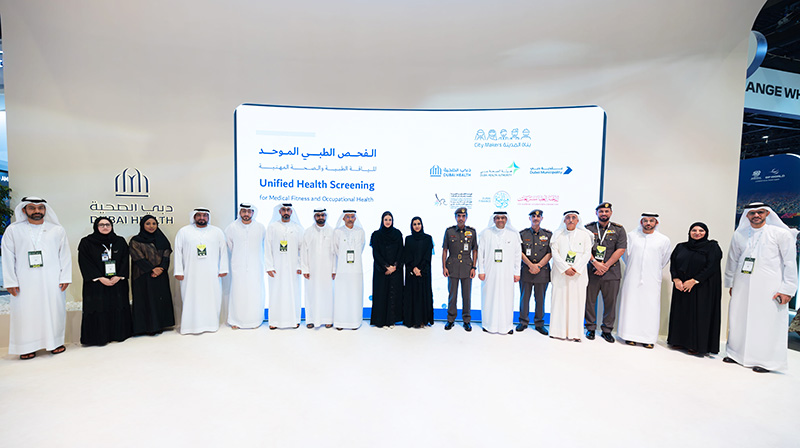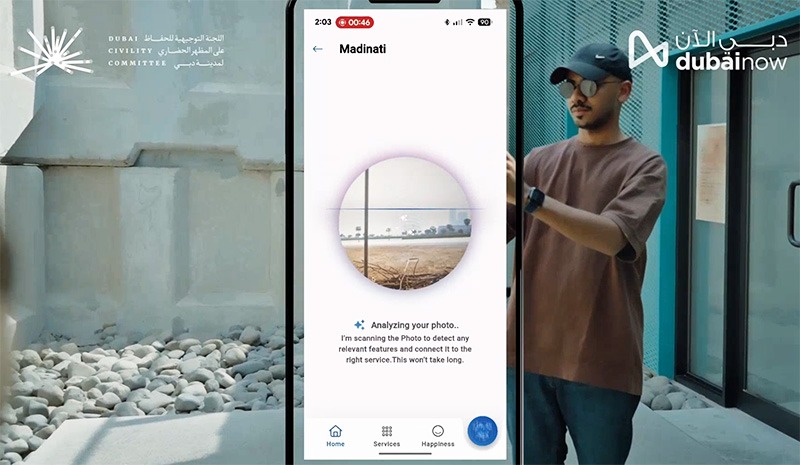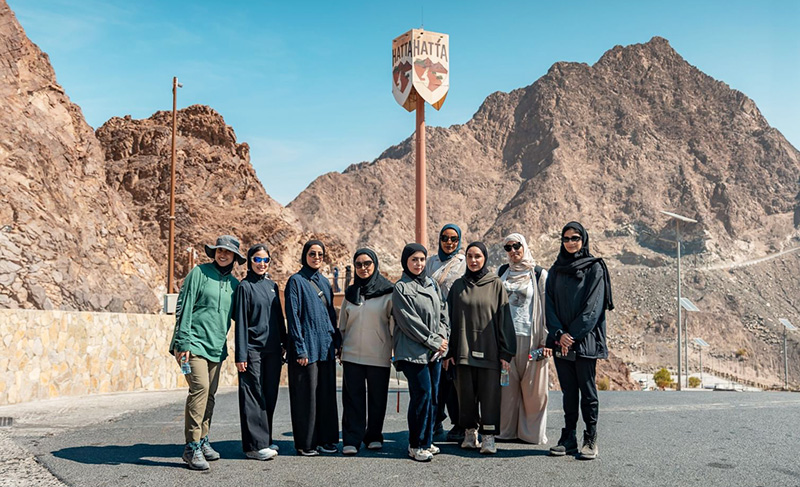
In a strategic push toward redefining the future of governance, the Mohammed bin Rashid Centre for Government Innovation (MBRCGI) has launched the Government Technology 5.0 report in collaboration with the Telecommunications and Digital Government Regulatory Authority (TDRA). Available on MBRCGI’s Ibtekr platform, the report highlights 11 groundbreaking international projects that integrate emerging technologies into public sector operations.
The initiative underscores the UAE’s commitment to staying ahead in technological innovation and fostering a proactive approach to digital transformation across government services.
A Roadmap to Innovation-Driven Governance
According to Huda Al Hashimi, Deputy Minister of Cabinet Affairs for Strategic Affairs, the new report plays a vital role in building awareness and capabilities within government entities. “It reinforces our commitment to developing agile, innovative governance models by drawing from global experiences,” she said.
The Government Technology 5.0 report is the latest addition to Ibtekr’s extensive repository of research, reports, and practical tools. It is designed to equip policymakers and leaders with actionable insights to drive innovation and prepare for the future.
Majed Sultan Al Mesmar, Director-General of TDRA, emphasized the importance of the collaboration, stating, “Our joint effort with MBRCGI strengthens the UAE’s vision of building a future-ready government. By learning from international best practices, we can shape smart, efficient, and citizen-centric public services.”
Global Innovations Spotlighted
The report presents a diverse set of global case studies that illustrate how governments worldwide are leveraging technologies like AI, blockchain, 5G, autonomous vehicles, and the metaverse to enhance public services:
-
Metaverse Seoul (South Korea): The first major city to offer public services via a 3D virtual environment, allowing citizens to interact with government avatars, access services, and attend events.
-
Project Ubin (Singapore): A blockchain-based financial initiative by the Monetary Authority of Singapore enabling efficient CBDC transactions.
-
Brazil’s Digital Procurement Platforms: Blockchain-backed systems in Bahia and Rio Grande do Norte ensure transparency and integrity in public tenders.
-
Singapore’s Smart Cleaning Vehicles: Autonomous street-cleaning vehicles using 5G and advanced sensors for efficient and eco-friendly urban maintenance.
-
Japan’s AI-Enabled Drone Management: A system that coordinates drone traffic for deliveries, disaster response, and logistics in dense urban areas.
-
UK’s 5G Smart Ambulance and Autonomous Road Repair Robot: Combining VR and 5G for real-time patient diagnostics, and autonomous robots to maintain roads while minimizing human risk.
-
Bulgaria’s 5G Renewable Monitoring: A real-time system for managing wind energy generation, improving efficiency and grid flexibility.
UAE’s Own Innovations in Focus
The report also celebrates several homegrown initiatives:
-
Dubai Metaverse Strategy: A bold plan to position Dubai as a global hub for metaverse technologies, with a focus on healthcare, education, and tourism.
-
Global Blockchain Council: A coalition of over 40 public and private entities promoting blockchain adoption and regulation.
-
Name Ideas: An AI-driven service that generates customized domain names to support startups and entrepreneurs in building strong digital identities.
-
U Ask Platform: A digital interface enhancing citizen engagement and access to government information.
Empowering Innovators Through Ibtekr
Ibtekr, the Arab world’s first dedicated platform for government innovation, continues to serve as a launchpad for developing new ideas, methodologies, and public sector solutions. By offering a range of learning tools, training labs, and interactive resources, it aims to cultivate the next generation of innovators and help governments improve service delivery and quality of life.









